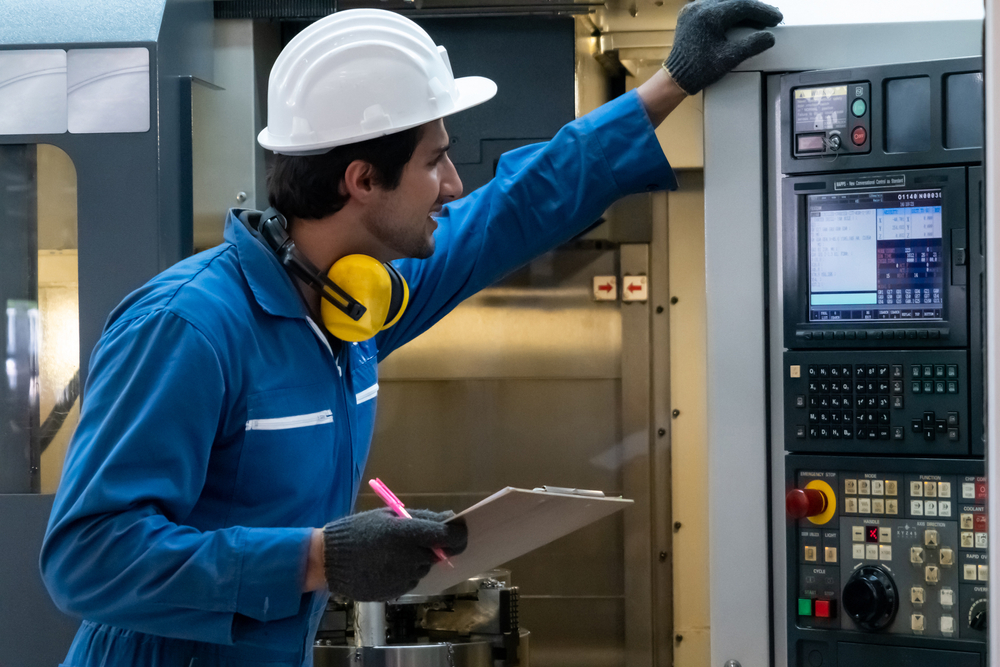Establishing a manufacturing operation in Mexico brings with it a complex web of local tax requirements. Contrary to common belief, simply having a “permanent establishment” (PE) or a fixed place of business in Mexico does not automatically subject an organization to the income tax obligations of a Mexican resident. The tax implications are intricately tied to the operational strategy adopted. Understanding these nuances is key to leveraging potential tax benefits and optimizing the cost-effectiveness of operating within Mexico.
Background on PE in Mexico
Permanent establishment is a globally recognized tax concept that plays a pivotal role in international taxation. Establishing a fixed place of business in a foreign country, like Mexico, typically subjects an organization to that country's local tax laws. Mexico, known for its business-friendly policies, offers unique arrangements for U.S.-based businesses, facilitating easier entry into the Mexican market.
In September 1992, the U.S. and Mexico solidified this approach by signing the U.S. – Mexico Income Tax Convention, which became effective on January 1, 1994. This Convention, aligning with NAFTA's objectives, aims to bolster investment between the two nations by preventing double taxation and ensuring tax law compliance. Key features of this treaty include measures to reduce withholding tax and harmonize the tax credits available in both countries, reflecting a concerted effort to create a more seamless business environment for cross-border operations.
The Convention's implementation alongside NAFTA was a strategic move to encourage investment by mitigating the tax burdens for companies operating in both the U.S. and Mexico. It also aimed to prevent companies from circumventing tax law compliance in either country. Among the Convention’s important functions are measures to reduce withholding tax and to standardize the creditability of each country’s taxes against the taxes imposed by the other country. For those seeking a deeper understanding of these complexities, Geoffrey R. Polma's 'The New US-Mexico Income Tax Treaty: Overview and Analysis' in the Law and Business Review of the Americas offers detailed insights into the treaty's nuances and its specific implications for U.S. businesses operating in Mexico.
As we delve deeper into the concept of permanent establishment and its implications, it's important to understand how these international agreements and local regulations interact and shape the tax landscape for foreign businesses in Mexico.
Determining Permanent Establishment in Mexico for U.S., Canadian, and European Companies
The concept of Permanent Establishment (PE) is a crucial determinant for international companies operating in Mexico, as it significantly influences their tax obligations under Mexican law.
For U.S. Companies:
U.S. companies must closely examine the criteria outlined in Article 5 of the U.S. – Mexico Income Tax Convention to determine if they have a PE in Mexico. The key considerations include:
- Fixed Place of Business: If a U.S. company has a physical location in Mexico, such as a branch, office, factory, workshop, mine, or gas/oil well, it is likely to be considered as having a PE.
- Dependent Agent Activities: If a U.S. company operates through a dependent agent in Mexico who regularly enters into contracts or processes inventory on behalf of the company, this can also establish a PE.
If either of these conditions is met, the U.S. company is generally subject to the same income tax laws and regulations as a Mexican resident, leading to a potentially higher tax burden. Additionally, the SAT takes into account the latest OECD Model Tax Convention commentaries, which provide further guidance on PE.
For Canadian and European Companies:
The assessment for Canadian and European companies is similar but guided by their respective tax treaties with Mexico. These treaties typically align with the OECD Model Tax Convention and include similar criteria for establishing a PE. Canadian and European companies need to evaluate:
- Physical Presence: The existence of a fixed place of business in Mexico.
- Agent Operations: The extent of activities conducted by any dependent agents in Mexico.
Like U.S. companies, if these conditions are met, Canadian and European companies may also be subject to Mexican income tax laws as residents.
Operational Models as a Key Factor:
In addition to the specific provisions of the U.S. – Mexico Income Tax Convention and similar treaties, the SAT also considers the most recent OECD Model Tax Convention commentaries. These commentaries provide additional insights into what constitutes a PE.
However, a pivotal aspect in determining PE status is the operational model under which a company functions in Mexico, and we will delve deeper into how these operational models impact PE status in the subsequent section.
Shelter Providers Can Reduce Your Tax Burden: Understanding Operational Models in Mexico
When foreign companies consider establishing operations in Mexico, choosing the right operational model is crucial, as it significantly impacts their Permanent Establishment (PE) status and associated tax obligations. Companies typically have five models to choose from:
- Standalone Corporation: Operating independently within Mexico.
- Contract Partner: Collaborating with a local Mexican entity.
- Merger or Acquisition: Merging with or acquiring a Mexico-based company.
- Joint Venture: Forming a joint venture with one or more partners in Mexico.
- Shelter Service Provider: Operating under the umbrella of a Mexican shelter service provider.
Among these, the shelter service provider model stands out for its unique tax implications. This model can exempt a foreign company from being considered as having a PE in Mexico. The shelter provider acts as the legal entity of record for the foreign company, which can significantly mitigate the foreign company's tax burden.
To benefit from this exemption, certain conditions must be met:
- The foreign company must be a resident of a country that has a Tax Information Exchange Agreement with Mexico. This ensures transparency and compliance with international tax regulations.
- The shelter service provider must adhere to the safe harbor provisions outlined in the Mexican Income Tax Law (Ley del Impuesto Sobre la Renta) or obtain a private ruling under the OECD Transfer Pricing Guidelines from the SAT. These measures are designed to ensure fair and accurate tax reporting.
For U.S. companies, the tax liability under these provisions is often creditable in the United States under Sections 901 and 903 of the Internal Revenue Code of 1986. This means that taxes paid in Mexico can potentially offset tax liabilities in the U.S., avoiding double taxation.
This operational model, therefore, offers a strategic avenue for foreign companies, especially those from the U.S., to optimize their tax position while complying with both Mexican and international tax laws. It exemplifies how a well-chosen operational model can align with a company's broader tax strategy and business objectives in the international arena.
If you need a foundational overview of how the model works, start with The Complete Guide to Shelter Services in Mexico.
Simplify compliance with Mexico’s tax laws
Mexico is committed to fostering a business-friendly climate that actively encourages foreign direct investment. This commitment is evident in the country's efforts to leverage its skilled workforce, enhance educational infrastructure, and stimulate economic growth through international business activities. However, alongside these incentives, the Mexican government places a strong emphasis on adherence to federal tax laws, ensuring a balanced and fair business landscape.
For foreign investors, navigating these regulations can be complex. This is where the expertise of a seasoned shelter service provider becomes invaluable. By partnering with a provider well-versed in Mexican legal and tax systems, foreign companies can benefit from:
- Expert Guidance: Access to specialized knowledge and insights into the nuances of Mexican tax laws and business regulations.
- Compliance Management: Assistance in meeting all legal requirements, significantly reducing the risk of non-compliance and potential fines.
- Operational Efficiency: Streamlined processes that accelerate the setup of operations in Mexico, leading to quicker market entry and potentially lower long-term operational costs.
Such a partnership is not just about compliance; it's a strategic move that can enhance the overall efficiency and effectiveness of your business operations in Mexico.
Are you interested in exploring the legal and fiscal advantages of using a shelter service provider in Mexico? For a deeper understanding and to discuss how this approach can align with your business goals, contact Tetakawi today. Let us help you unlock the full potential of your investment in Mexico.
Subscribe
Sign up and stay informed with tips, updates, and best practices for manufacturing in Mexico.





.jpg)
